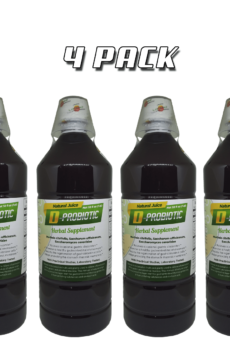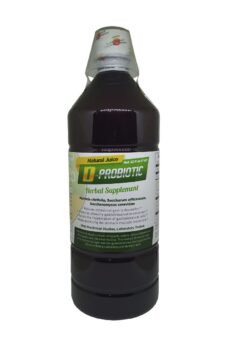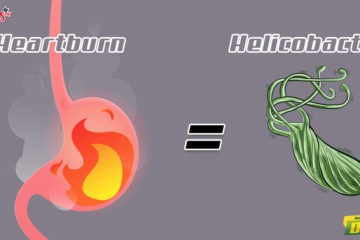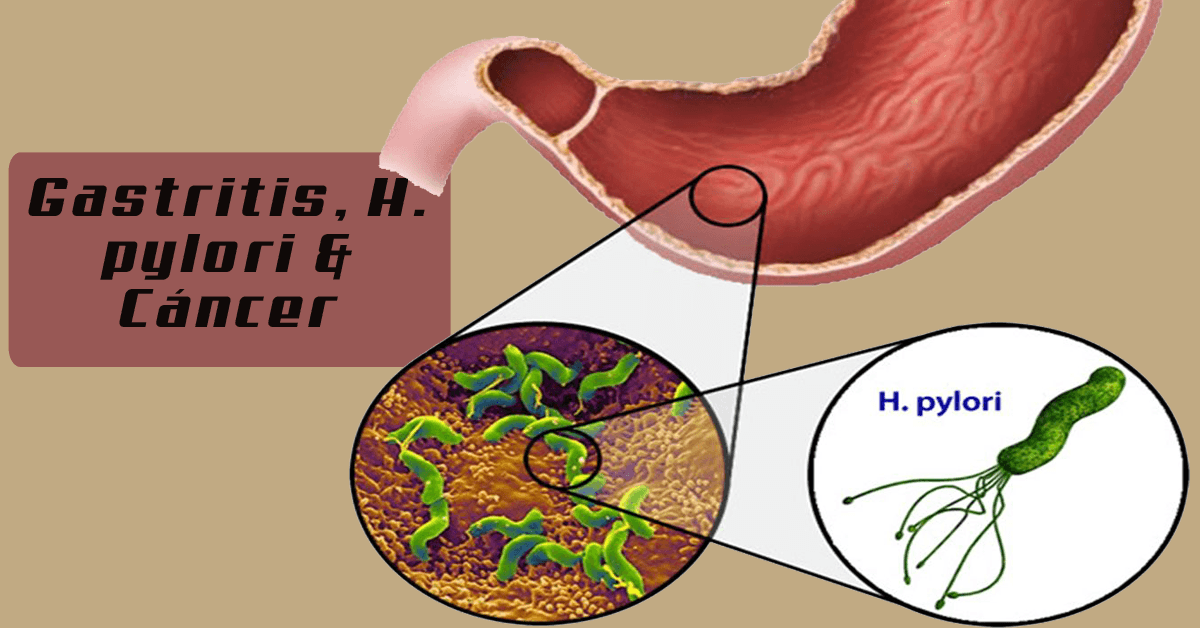There is a common misunderstanding among patients with gastritis, and it is to link your digestive problems with the presence of Helicobacter pylori bacteria. Today I will clear this doubt in a quick and simple way:
Helicobacter pylori is a microorganism, specifically a bacterium which has the ability to penetrate the gastric mucosa and stay there. Once installed, this releases substances that destroy the mucosa exposing the gastric wall to the irritating action of stomach acid and other substances. There are carriers of the bacteria that do not exhibit gastrointestinal symptoms of any kind, i.e. no symptoms of gastritis or ulcer.
Gastritis is an inflammation of the gastric mucosa, which is manifested by pain, burning, heartburn, fullness, feeling of tightness in the chest, feeling of emptiness in the stomach, among others. This digestive problem can be caused by several factors such as stress, poor diet, bad habits, prolonged use of anti-inflammatory drugs or corticosteroids and also due to infection by Helicobacter Pylori. There are cases of patients with gastritis and they are not carriers of the bacteria and also those who despite having received eradication therapy with PPIs (e.g. Omeprazole) and antibiotics continue having digestive discomfort.
If a patient presents digestive discomfort and is also infected with the bacterium Helicobacter pylori, this should visit his doctor urgently to prescribe the corresponding eradication treatment, this is very important since the presence of said bacteria is related to the incidence of stomach cancer.
BLOG: CANCER AND ITS RELATIONSHIP WITH GASTRITIS.
The eradication treatment of Helicobacter pylori is usually quite aggressive and many people complain about the adverse effects, however due to the danger of this infection the complete treatment must be terminated and a control test must be carried out to confirm the elimination of this microorganism. Even after the end of therapy, patients usually continue to manifest gastric discomfort, because the eradication treatment focuses on eliminating this parasite, but damage to the mucosa and gastric wall usually remain and should be treated with other types of products.
In summary, bacterial infections should be treated with antibiotics and gastritis with gastroprotective products. On the other hand, there are patients with gastritis who are not carriers of Helicobacter pylori, as well as carriers (infected) of this bacterium that do not have gastritis, the latter is the most common.
BLOG: FOOD PERMITTED FOR PEOPLE WITH GASTRITIS
TESTIMONY OF A PERSON WITH GASTRITIS.
Dr. Rod C.
Master Degree in Nutrition
7-72-216
-
Product on sale
 D-PROBIOTIC HERBAL SUPPLEMENT 4 PACKOriginal price was: $240.00.$170.00Current price is: $170.00.
D-PROBIOTIC HERBAL SUPPLEMENT 4 PACKOriginal price was: $240.00.$170.00Current price is: $170.00. -
Product on sale
 D-PROBIOTIC HERBAL SUPPLEMENT DUO PACKOriginal price was: $120.00.$90.00Current price is: $90.00.
D-PROBIOTIC HERBAL SUPPLEMENT DUO PACKOriginal price was: $120.00.$90.00Current price is: $90.00. -
Product on sale
 D-PROBIOTIC HERBAL SUPPLEMENTOriginal price was: $60.00.$50.00Current price is: $50.00.
D-PROBIOTIC HERBAL SUPPLEMENTOriginal price was: $60.00.$50.00Current price is: $50.00.





0 Comments